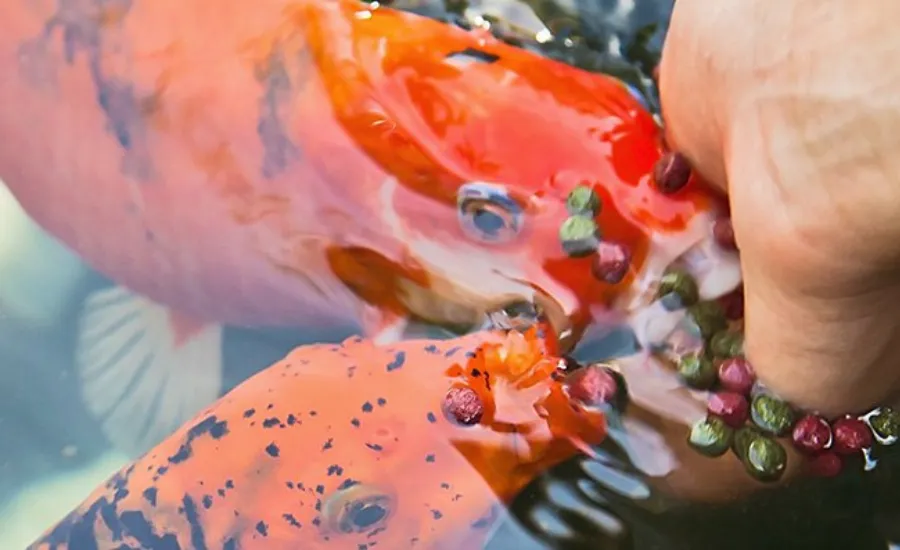Preventing overfishing with BSF larvae
Currently, carnivorous fish such as salmon and tuna rely on diets of fishmeal and fish oil, which are mostly derived from wild fish stocks. About 20% of the total wild catch worldwide is processed and fed back to farmed fish. This leads to great pressure on wild fish, resulting in major environmental problems. Research has shown that Black Soldier Flies are an adequate solution to this problem. Trout and salmon-fed larvae of Black Soldier Flies have been found to grow as fast as fish raised on a traditional fishmeal diet. Replacing fish feed and fish oil with Black Soldier Fly larvae removes dependence on wild stocks, revolutionizing the aquaculture industry.
A sustainable alternative to soybean
For other, herbivorous fish species, soybeans are currently used. Nevertheless, there is increasing pressure against the use of soybeans as a source of dietary protein in animal feed. The main reason for this is that growing soybeans requires a large amount of arable land and natural resources, that could be used for more sustainable types of agriculture, for example by growing food crops. Moreover, soy cannot be grown in many tropical countries in which the needed natural resources are scarce, or in countries that are too dry. Due to high import duties, importing soybeans is almost financially impossible. Therefore, a less expensive protein source is needed. The Black Soldier Fly is a more sustainable protein source because it can be grown entirely on waste and residual streams from food production.

